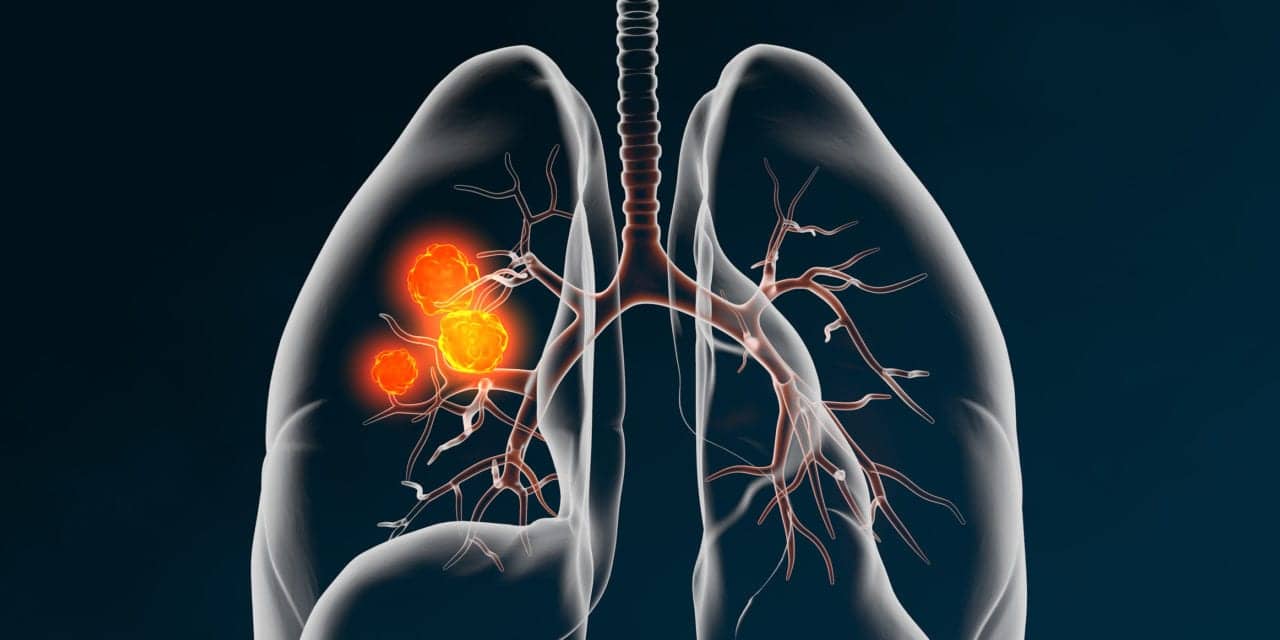BioAffinity’s poster “Automated Flow Cytometry Test Distinguishes Cancer from Non-Cancer in Sputum with High Sensitivity and Specificity” has been accepted for presentation at the International Association for the Study of Lung Cancer (IASLC) 2020 World Conference on Lung Cancer hosted by the International Association for the Study of Lung Cancer, Singapore, Worldwide Virtual Event (WCLC 2020) from Jan. 28 to 31, 2021.
BioAffinity Technologies will present results of its test validation trial for CyPath Lung, a noninvasive test for the early detection of lung cancer, that evaluated the test’s ability to distinguish people at high risk for lung cancer from high-risk patients with the disease.
The test validation trial resulted in CyPath Lung specificity of 88% and sensitivity of 82%, similar to far more invasive procedures currently used to diagnose lung cancer. CyPath Lung performed even better, with 92% sensitivity and 87% specificity, in the group of cancer and cancer-free high-risk participants who had no nodules or small nodules less than 2 cm in diameter.
CyPath uses a porphyrin molecule that displays an unusually high affinity to bind to cancer cells that fluoresce brightly when labeled to distinguish cancer from non-cancer cells using flow cytometry. The company’s innovative scientific research results in non-invasive diagnostics and advanced treatments in the fight against cancer.
BioAffinity’s CyPath Lung uses flow cytometry to analyze the cells in a person’s sputum, or phlegm, to find cancer cells that have sloughed off a lung tumor during collection of the sample. To get a sample, a person blows into a simple, non-invasive assist device that acts to break up mucus and help a person cough up the phlegm. The sputum sample is shipped to the laboratory, labeled with CyPath that includes antibodies that distinguish different cell types and a porphyrin that identifies cancer cells and cancer-associated cells. The sputum sample is analyzed using flow cytometry, a well-established automated platform that quantitates properties of single cells very quickly. An average sputum sample containing about 21 million cells can be profiled cell-by-cell by flow cytometry in less than 20 minutes.
Current screening for lung cancer calls for using low dose computed tomography (LDCT) that finds earlier stage cancer in people at high risk for the disease to significantly increase survival. Screening is an important tool to find early lung cancer and increase survival, but LDCT has a low positive predictive value that can lead to unnecessary invasive procedures. CyPath Lung will be ordered by physicians for patients who they suspect have lung cancer.
BioAffinity Technologies says CyPath Lung has the potential to dramatically increase overall diagnostic accuracy leading to increased survival, fewer unnecessary invasive procedures, and lower patient anxiety and medical costs.
For more information, visit BioAffinity Technologies.




